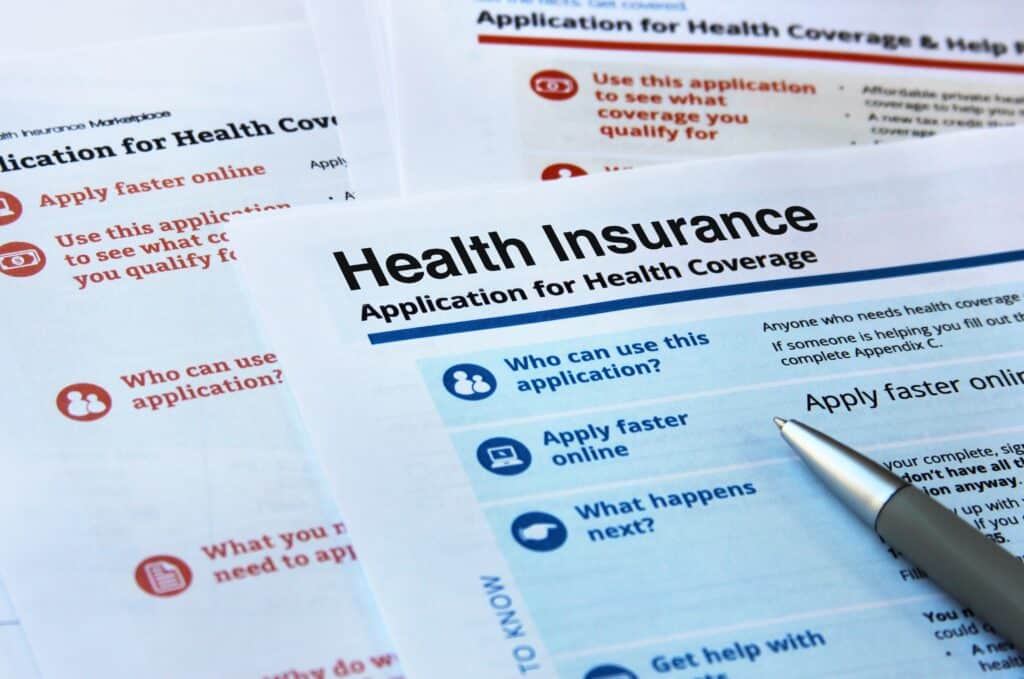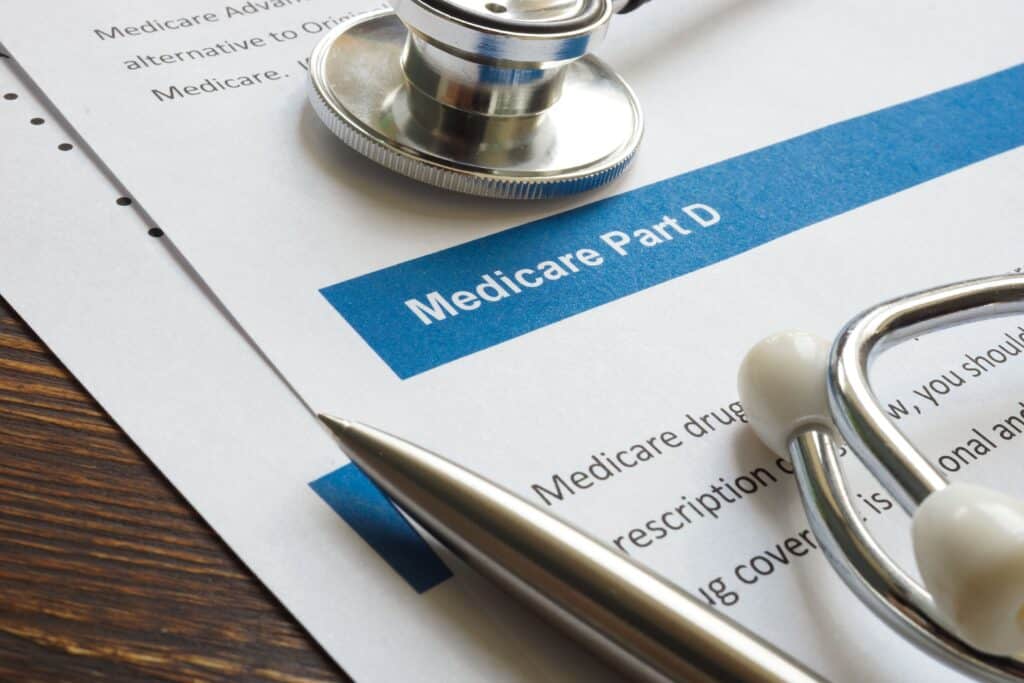How to Pay For Rehab
Navigating the path to recovery from drug or alcohol addiction can be daunting. One of the major hurdles that individuals face is figuring out how to pay for rehab. It’s a valid concern, considering the potential expenses associated with inpatient and outpatient treatment programs. However, it’s important to remember that investing in one’s health and well-being is invaluable.
Numerous resources are available to help offset these costs and make rehab more accessible. For instance, options like health insurance coverage, sliding scale fees based on income, government-funded programs, non-profit organizations, and even crowdfunding can come into play.

Understanding the Cost of Rehab
Specifically addressing how to get insurance to pay for rehab programs, largely depends on an individual’s policy and provider. Some plans may cover a significant portion of expenses at facilities like the Lexington Addiction Center. While others might require more out-of-pocket payments. Therefore, understanding what’s covered under personal policies becomes crucial when planning this step toward recovery.
When considering how to pay for drug or alcohol rehab, it’s crucial to understand the costs involved. The financial aspect is often a significant concern for many individuals and their families. Let’s delve into these expenses and explore options that might help you cover them.
Insurance Coverage: Does It Pay for Drug and Alcohol Rehab?
One of the first places people turn to when figuring out how to get insurance to pay for rehab is their insurance provider. According to data from The White House Office of National Drug Control Policy, most health insurance plans do provide coverage for addiction treatment. However, the level of coverage can vary greatly depending on your specific plan.
- Public Health Insurance: Programs like Medicaid and Medicare often cover substance abuse and mental health treatment services, although there may be restrictions based on state regulations.
- Private Health Insurance: Typically, these policies also include benefits for addiction recovery, but the specifics will depend on your plan.
Exploring Options for How to Pay For Rehab
Choosing a quality rehab center like Lexington Addiction Center opens up multiple payment options beyond insurance alone:
- Self-Pay: If you have personal savings or family support, it could be an option.
- Payment Plan: Some centers offer payment plans which allow patients to pay off their treatment over time.
- Scholarships & Grants: Some organizations offer scholarships or grants that can significantly reduce rehab costs.
Out-of-Pocket Costs: What To Expect When Paying For Rehab
Even with insurance and other payment options at play, there’s often still some out-of-pocket expense associated with rehab. Here are a few things you need to consider:
- Your deductible
- Any co-pays required
- The cost of any medications prescribed as part of your treatment.
Remember, every situation is unique. That’s why it’s important to research carefully and understand all your options when determining how to pay for alcohol rehab or drug rehab. The Lexington Addiction Center in Lexington, KY is one place that can help you navigate insurance and payment possibilities, making the road to recovery a little less daunting.

Types of Rehabilitation Programs and Their Costs
Understanding Different Types of Rehabilitation Programs
In the realm of addiction treatment, there’s a multitude of rehab programs available. They’re designed to tackle different kinds of substance abuse problems. Such as those caused by drugs and alcohol or co-occurring mental health disorders. Each program is carefully structured to cater to the specific needs and circumstances of the individual seeking help.
One type that’s commonly sought after is inpatient rehab. This approach involves patients living within a controlled environment for an extended period. Typically, it ranges from 30-90 days. Here, they’ll receive round-the-clock medical support and therapy sessions aimed at helping them overcome their addiction.
Outpatient rehab programs are another viable option. As opposed to inpatient rehab, outpatient treatments allow patients to live at home while attending scheduled therapy sessions throughout the week.
Then, there are also specialized rehabs like Lexington Addiction Center which offers partial hospitalization, intensive outpatient, and outpatient programs tailored specifically towards substance use and mental health disorders.
Breaking Down the Costs Associated with Each Rehab Program
Many people wonder how to pay for rehab without breaking the bank, as the costs can be significant. The price tag attached to these rehabilitation programs can often be daunting. However, understanding how costs break down makes it easier when figuring out how to pay for drug or alcohol rehab.
For instance, an average 30-day inpatient program could range anywhere between $2,000 – $25,000. Depending on factors such as facility amenities and treatment intensity. On the other hand, outpatient programs generally cost less due to patients not requiring living accommodations or full-time care.
Keep in mind that insurance plays a significant role here too. Thus, knowing how to get insurance to pay for rehab could potentially save thousands of dollars out-of-pocket.
Remember though, the goal is recovery. While costs are certainly an important aspect to consider, ensuring you or your loved one gets the necessary help to overcome addiction is of paramount importance. After all, it’s not just about paying for treatment it’s about investing in a healthier and happier future.

Health Insurance: Your Primary Option
The most common solution to paying for addiction treatment involves utilizing health insurance benefits that cover part or all of the treatment costs. Navigating the world of insurance and rehab costs can be challenging. Especially, when you’re grappling with addiction. However, at Lexington Addiction Center in Lexington, KY, we’re here to shed some light on how health insurance can be your primary option for paying for drug or alcohol rehab services.
Decoding Health Insurance: Your Key for Rehab Payment
The first step towards understanding how to pay for rehab using health insurance is decoding what your policy covers. Many people don’t realize that under the Affordable Care Act (ACA), behavioral health services are considered essential benefits. This means that most policies have provisions for covering substance use and mental health treatment. It’s worth noting though that not all policies are created equal. So, it’s important to review your coverage details carefully.
Here’s what you should look out for:
- Deductible: This is the amount you’ll need to pay out-of-pocket before your insurance kicks in.
- Co-insurance: After meeting your deductible, this is the percentage of costs you’re responsible for.
- Out-of-pocket maximum: The highest amount you’ll have to pay during a policy period. After reaching this limit, your insurance will cover 100% of the allowed amounts.
In addition to these terms, make sure to check if there are any restrictions regarding in-network vs. out-of-network providers and if preauthorization is required before starting treatment.
Maximizing Your Health Insurance Benefits for Rehabilitation
Once you’ve decoded your health insurance policy, it’s time to figure out how to maximize its benefits when paying for rehab. One way could be by utilizing an in-network provider as they often come with lower costs compared to out-of-network facilities.
Another strategy involves harnessing preventative care programs offered by many insurers which may include counseling sessions and screenings at no extra cost. These can provide valuable support during recovery.
Finally, don’t forget to explore the possibility of out-of-pocket maximums. Whereas, if your rehab costs reach this limit, your insurance will start covering the full allowed amount. Thereby, potentially saving you a significant sum.
Remember that while health insurance can significantly alleviate the financial stress associated with how to pay for drug rehab or alcohol rehab, it’s always best to clarify coverage details with your insurer and treatment provider beforehand. That way, there’ll be no surprises when it comes to footing the bills for recovery.

Medicaid and Medicare: Government Assistance Programs
When figuring out how to pay for drug or alcohol rehab, it’s crucial to explore all possible options. Among these, the government assistance programs of Medicaid and Medicare often play significant roles.
Understanding Medicaid’s Role in Rehab Financing
Medicaid, a federal and state program, offers health coverage for some low-income individuals, families, and children. It also covers pregnant women, elderly adults, and people with disabilities. Moreover, for those battling substance use disorders (SUDs), it provides support towards behavioral health services including rehab programs.
According to data available on medicaid.gov, states have flexibility under their respective Medicaid programs to provide extensive services for individuals needing treatment for SUDs. This means they can tailor-make their service offerings depending on the needs of their residents.
For instance:
- Rehab centers like Lexington Addiction Center may be covered partially or wholly by Medicaid
- In certain situations where an individual doesn’t possess insurance but requires urgent attention, such as detoxification, costs may be covered by emergency Medicaid benefits
However,
- Eligibility criteria vary from state to state
- Not all treatment types are covered everywhere
- There might be restrictions concerning where services can be provided
To fully understand how to pay for rehab through Medicaid, it’s best to consult directly with your local agency or trusted healthcare provider.
Navigating Medicare: How It Can Help Pay For Rehab
Medicare is another critical tool when considering how to fund addiction treatment. Unlike Medicaid which focuses more on income level, Medicare primarily serves individuals aged 65 years or older. Although younger people with certain disabilities can also qualify.
In terms of rehab,
- Those enrolled in Medicare Part A (Hospital Insurance) may receive benefits covering care in a hospital for specific conditions like SUDs
- Medicare Part B (Medical Insurance) can cover outpatient care, including therapy and counseling to help individuals reduce or stop substance use
However, similar to Medicaid,
- There are restrictions on what type of treatment is covered
- The patient may have to bear part of the cost as co-insurance
- Preauthorization may be required for some services
Government Aid Programs: How They Facilitate Rehab Payments
In addition to Medicaid and Medicare, several other government aid programs can assist in financing rehab treatments:
- State-funded rehabs: Similar to Medicaid but funded by state taxes. These offer free or low-cost treatment.
- Military insurance: Coverage for active duty military members and their families.
- Veterans Health Administration Programs: Provide rehab for veterans with a variety of alcohol and drug dependency as well as mental health treatments.
Ultimately, understanding each program’s specifics helps paint a clearer picture of how one might navigate paying for addiction treatment. It’s crucial then, when considering payment options for rehab—not only to explore these options but also to consult with trusted healthcare providers like Lexington Addiction Center who can guide you through the process.

Private Funding Options for Rehab
When you’re figuring out how to pay for rehab, private funding options often come to the forefront. These aren’t always the first choices. However, they’re usually considered when insurance falls short or isn’t an option. Private funding sources offer flexibility and quick access to treatment.
One common form of private funding is personal savings or borrowing from friends and family. It’s not uncommon for loved ones to pitch in, understanding that getting help is essential. However, it’s crucial to have open conversations about repayment expectations to avoid future conflicts.
If personal funds are tight, another option could be loans specifically designed for medical expenses. Some financial institutions offer healthcare credit cards and loans with reasonable interest rates and flexible repayment plans. Remember, though, these should be approached with caution as they’ll need repaying eventually.
Crowdfunding is also becoming increasingly popular as a way to raise money for rehab costs. Platforms such as GoFundMe allow individuals seeking treatment to share their stories in hopes of gaining financial support from the wider community.
Lastly, there are non-profit organizations that offer scholarships or grants for those needing assistance with rehab costs. While these opportunities might not cover all expenses, every bit helps when you’re figuring out payment options or searching for other payment methods.
In conclusion, there are multiple private funding avenues available if you’re exploring ways to pay for rehab related to drug or alcohol addiction. Each comes with its pros and cons but offers hope that paying for much-needed treatment is possible even without extensive insurance coverage.

How to Pay For Rehab: Making the Right Choice
When it comes down to figuring out payment options for rehab, there’s no one-size-fits-all answer. Every person’s situation is unique and therefore requires a personalized approach. It’s crucial not to let financial obstacles hinder your journey toward recovery.
Being savvy when it comes to insurance can be a game-changer. Learning how to get insurance to pay for inpatient rehab might feel like a daunting task, but it doesn’t have to be that way. Most health insurance plans cover substance abuse treatment at least partially, while some may even cover the costs fully.
Here are some payment options to consider:
- Private health insurance: Check if your current plan covers addiction treatment.
- Medicaid and Medicare: These government programs often cover addiction treatment.
- Sliding-scale fee services: Some rehabs offer fees based on your ability to pay.
- Grants and scholarships: Certain organizations provide funds specifically for rehab.
Rehabilitation is an investment in yourself and your future. While it comes with a cost, the benefits far outweigh any financial considerations. Remember, making the right choice isn’t about finding the cheapest option. Instead, it’s about securing effective treatment that sets you up for long-term success.
Take heart knowing that many have walked this path before you successfully. They’ve found ways to pay for rehab despite initial concerns or limitations. Moreover, with determination and resourcefulness, you too can make recovery attainable within your budget constraints.
Remember, sobriety isn’t just possible, it’s achievable. And making smart choices about paying for rehab is one crucial step on this life-changing journey.

Take the First Step to Freedom
At Lexington Addiction Center we understand that seeking help for addiction is a courageous step toward a brighter future. Our dedicated team is here to support you on your journey to recovery, providing personalized care every step of the way. Remember, your health and well-being are worth the investment, and there are resources and strategies to help you overcome financial barriers to treatment. We stand ready to help you or your loved one navigate through the maze of insurance and payment options.
Contact us today to explore your options further about how to pay for rehab. Your recovery is our priority, and together, we can pave the way to a life free from the grip of addiction.
Resources
Contact Us
Set yourself free from the struggles of addiction and co-occurring mental health disorders. Reach out to our treatment team in Lexington, Kentucky today.